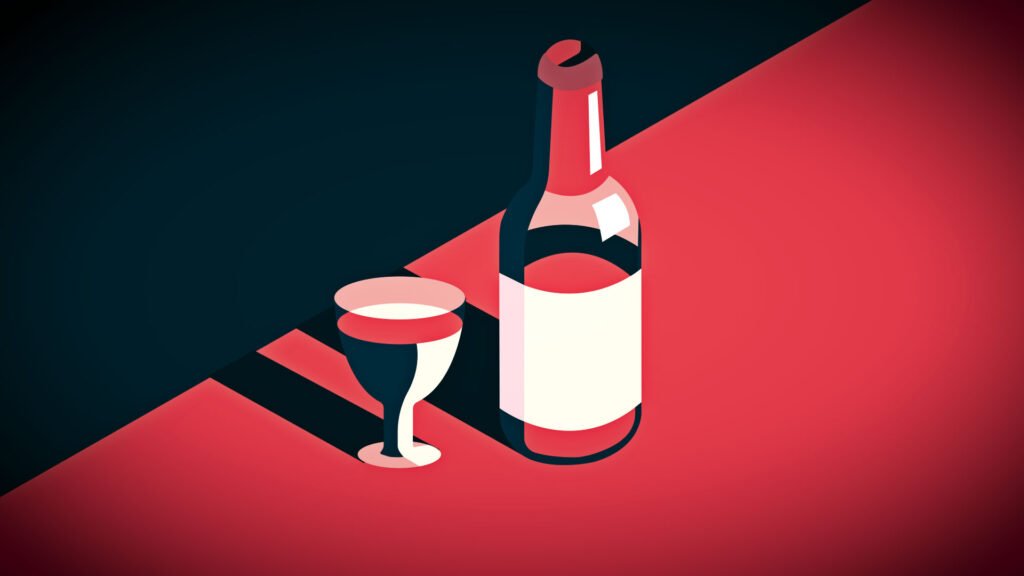Alcohol’s Grip on Society: A Call for Cultural Transformation
As a physician specializing in internal medicine and pediatrics, I have witnessed firsthand the devastating impact of alcohol on the lives of my patients. From trauma cases in the emergency room to chronic diseases on the wards, alcohol plays a central role in many health issues. Despite its dangers, alcohol continues to enjoy a privileged status in our society, often escaping the stigma associated with illicit drugs.
Unlike tobacco, alcohol is not always viewed as a harmful substance. It is glorified in popular culture, marketed as a lifestyle accessory, and normalized in social settings. However, the reality is sobering: alcohol is a leading cause of preventable death and is linked to a wide range of health problems, including cancer. The recent call by the surgeon general for warning labels on alcoholic beverages underscores the urgent need for greater awareness of alcohol’s risks.
The normalization of alcohol in our culture is deeply rooted in tradition and resistance to regulation. This cultural acceptance of alcohol has hindered efforts to implement effective policies to reduce its harms. Prohibition, enacted in the early 20th century, failed to curb alcohol consumption and instead fueled organized crime. Despite this historical lesson, our society continues to embrace alcohol as a symbol of sophistication and social connection.
To address alcohol’s pervasive influence, we must challenge the stories we tell ourselves about alcohol and recognize it as a potent and dangerous drug. Just as tobacco control efforts succeeded in changing public attitudes towards smoking, we must work towards a cultural transformation that redefines alcohol’s place in our lives.
The current landscape of alcohol policy in the United States is fragmented and often influenced by powerful industry lobbying. Federal excise taxes on alcohol have not been adjusted for inflation in decades, making alcohol cheap and easily accessible. State and local regulations also vary widely, leading to inconsistencies in how alcohol is taxed and sold.
Efforts to introduce evidence-based policies, such as raising alcohol taxes or limiting availability, are often met with opposition from industry stakeholders and the public. Legal challenges, such as the Supreme Court’s ruling on alcohol advertising, further complicate efforts to regulate alcohol marketing.
Despite these challenges, there is hope for change. Initiatives like Dry January, where individuals abstain from alcohol for a month, have sparked a global movement towards reevaluating our relationship with alcohol. Younger generations, such as Gen Z, are increasingly adopting a sober-curious mindset, questioning the cultural norms surrounding drinking.
To truly address alcohol-related harm, we must combine cultural shifts with bold policy interventions. Raising taxes, restricting marketing, and funding prevention programs are crucial steps towards improving public health. By challenging the myth of “responsible enjoyment” perpetuated by the alcohol industry and mobilizing public support for reform, we can create a healthier relationship with alcohol.
It is time for a collective reckoning with alcohol’s role in our society. By embracing cultural transformation and implementing evidence-based policies, we can work towards a future where alcohol no longer holds sway over our lives. America has a drinking problem, but it doesn’t have to stay that way. Let’s sober up and rewrite the narrative around alcohol for a healthier future.


